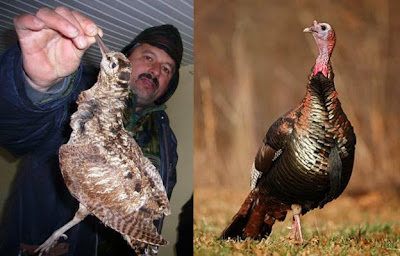1st (or maybe the last) Round: Recep Tayyip Erdogan vs. Fettullah Gülen (a.k.a. “The Hizmet”)
Apparently there is something going on with Turkey as of we are about to welcome 2014. To put it in right words, R.T. Erdogan's squad and Fettullah Gulen's fellowship are fighting against each other like kilkenny cats, regardless of how intimate they were once as if their support to each other would never end.
But what happened? What put them apart, and brought them into this situation?
Obviously, they happened to taste the conflict, but how? It's hard to extract the reason from media since there are full of misleading news under the influence of money. But not to worry, I am about to reveal the answer to "why". Actually, nothing is new, as usual It's a struggle for power and their self-interests are no longer parallel.Frankly speaking, I'm not interested in seeking "why" since it's unquestionable and clear as I declared above. However, I'm more curious of understanding “The Hizmet” ‘s position within current balances. Because it looks like that they're about to suicide! Take it this way, what if Erdogan manages to hold his position as prime minister after the next elections, how would Hizmet cover for such an aggressive attitude? To have a better idea, please check the cursing video recently released by Fethullah Gulen, below. Even if you don’t understand the language, you would definitely get the idea about the tension aiming at Erdogan:
Where am i going with that?
Actions hidden behind one word would best describe my conclusion: Imperialism. In other words, as far as i could follow and observe from Hizmet's past reactions & interactions, they were always syncing with world's power holders, as if they are the child of imperialism. They were always good at getting along with world's political balances, and taking their steps carefully without conflicting anyone and running their own agenda smoothly but not aggressively.
But who exposed the recent embezzlement that is deep enough to touch Erdogan's Squad if not himself? I don't want to play the Devil's Advocate, but there is something bigger than Hizmet behind this suspicious fight of those close buddies. I am not saying the accusations are wrong or they are a conspiracy set by Hizmet, and i am not saying Erdogan didn't deserve any of them, but what i am saying is "why today?". Does it mean, they were always hiding such an embezzlement, and hypnotize the public with lullabies? And all it appears as, this stage has been setup by Hizmet, to knock down Erdogan; but i am not going to fall into this game again. Because Hizmet never suicides!





